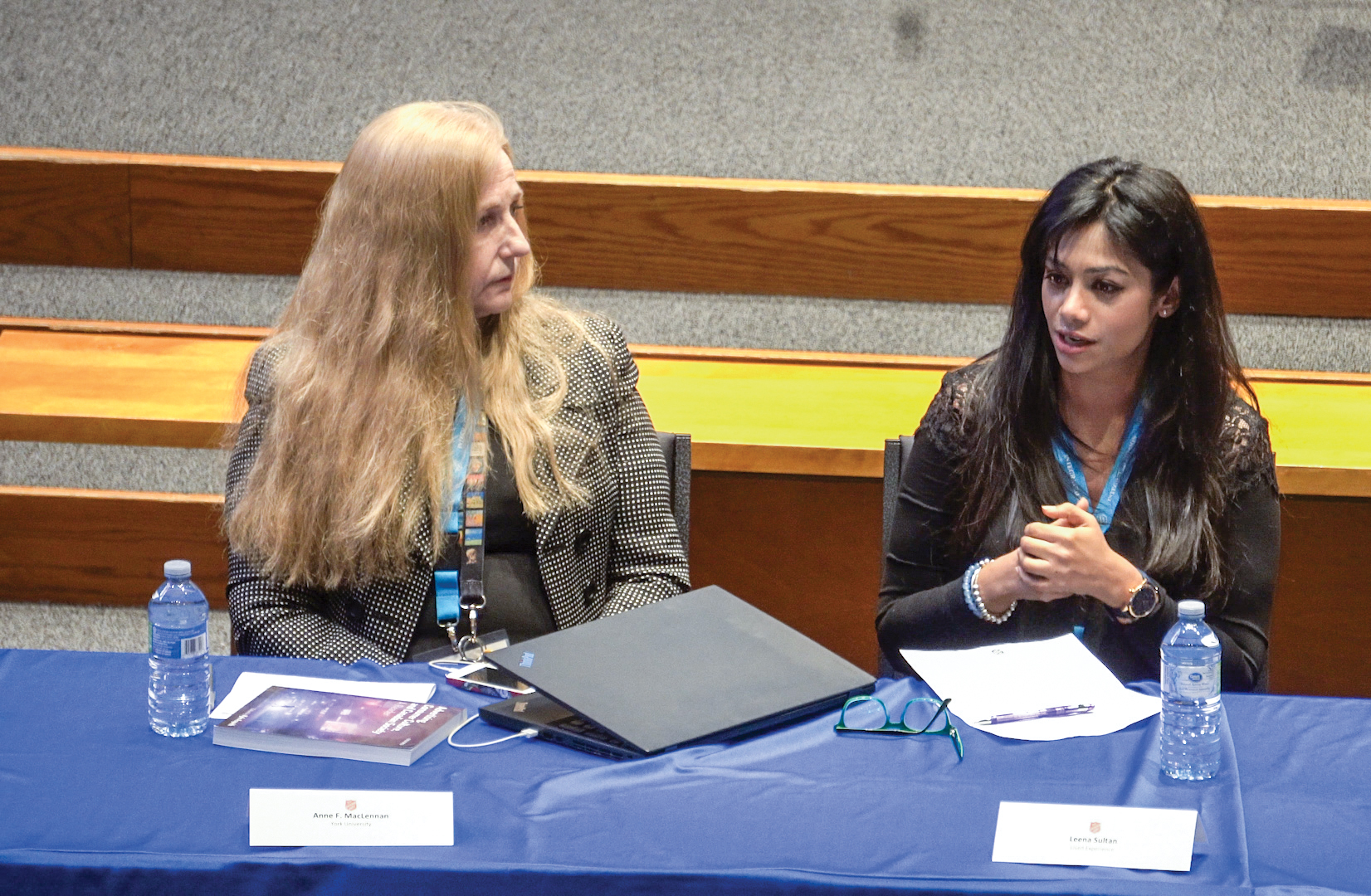More than 40 people gathered at Toronto’s Scarborough Citadel in February for a Pathway of Hope community forum on poverty. The forum—the first of its kind hosted by The Salvation Army—featured a diverse panel of speakers (see box), each of whom was given an opportunity to answer two questions: How is your agency addressing poverty? What strategies can be used in the fight against poverty?
“The aim of the forum was to create a platform for interagency connections and start a dialogue on how we can address the issue of poverty and share resources in the community,” explains Lemoy Whilby, Pathway of Hope regional co-ordinator, who organized the forum.
The forum opened with an introduction to the Army’s Pathway of Hope initiative, which involves a one-on-one approach to case management that helps participants set and achieve goals. Rooted in integrated mission, it combines practical and spiritual care, social services and corps resources.
As the panel of speakers was given the opportunity to answer the two questions, several themes emerged, including the growing gap between rich and poor; the affordable housing crisis; the stigma around poverty; difficulties newcomers face in Canada; the importance of education in combating poverty; the need for all three levels of government to work together to create systemic change; and the importance of partnerships among agencies that are working to assist those in poverty.
Former Pathway of Hope participant Leena Sultan provided a much-needed perspective on the issue of poverty, having experienced it first-hand. She shared how, after her husband left her and their children, she had no financial resources and came to the Army for food assistance. “When I went to The Salvation Army, I met wonderful ladies who’d been through the same thing as me,” she said, adding that Pathway of Hope helped her reach most of her goals.
Whilby plans to hold more forums like this one in the future. “Being one of the largest providers of social services in Canada, The Salvation Army has a responsibility to raise awareness of issues that are affecting our community and the strategies that we are implementing in the fight,” she concludes.
Poverty Panel
Anne MacLennan, chair, department of communication studies, York University
Christine Hewitt, community engagement manager, Scarborough Centre for Healthy Communities
Joy Boatswain, chair of workforce development, employment services and academic upgrading, Centennial College
Lee Soda, executive director, Agincourt Community Services Association
Leena Sultan, participant, Pathway of Hope
Nestor Arellano, representing Salma Zahid, member of Parliament—Scarborough Centre
Sultana Jahangir, executive director, South Asian Women’s Rights Organization
Wayne Chu, manager, Poverty Reduction Strategy Office, City of Toronto








Leave a Comment